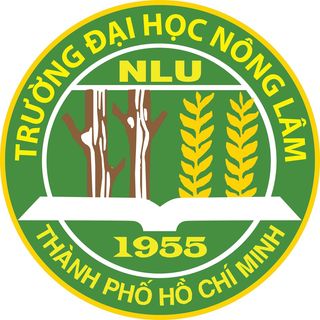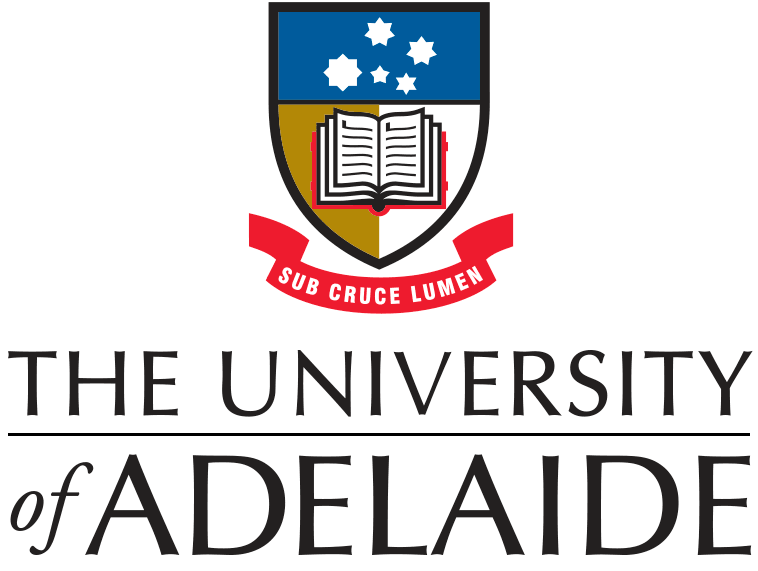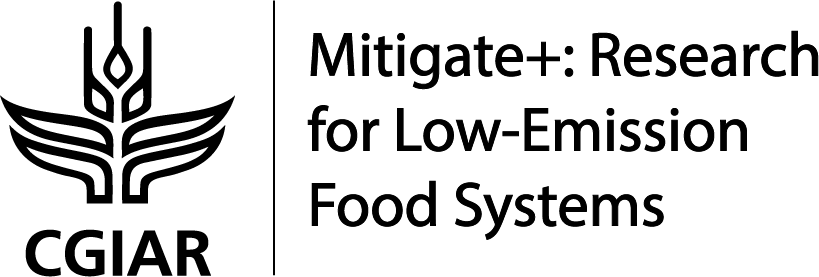Mangrove forests in the Mekong Delta play an important role in adapting to and mitigating climate change, improving socio-economic development and ensuring livelihoods and well-being for coastal communities. However, in the context of population growth, climate change is taking place more and more rapidly. Thus, because of changes in domestic and foreign markets, in the needs and tastes of users regarding products related to mangroves, and in the processes of economic transition, social development and land resource management, mangrove forests are under great pressure. In order to build a low-emission economy that both ensures livelihoods for coastal communities and meets environmental goals, it is necessary to undertake a lot of analysis and evaluation around policies, techniques, finance and society with the participation of the people. Scientific information on the development and evaluation of the effectiveness of multi-sectoral economic development models related to mangroves plays an important role in the process of formulating and developing appropriate policies, programmes and projects, but they are few in number, scattered and not comprehensive.
In order to address this knowledge gap, University of Adelaide, CIFOR-ICRAF and Nong Lam University co-organise a national workshop which brings policy makers and practitioners to discuss about the opportunities and challenges for sustainable mangrove-based businesses in Mekong Delta, Vietnam.



























